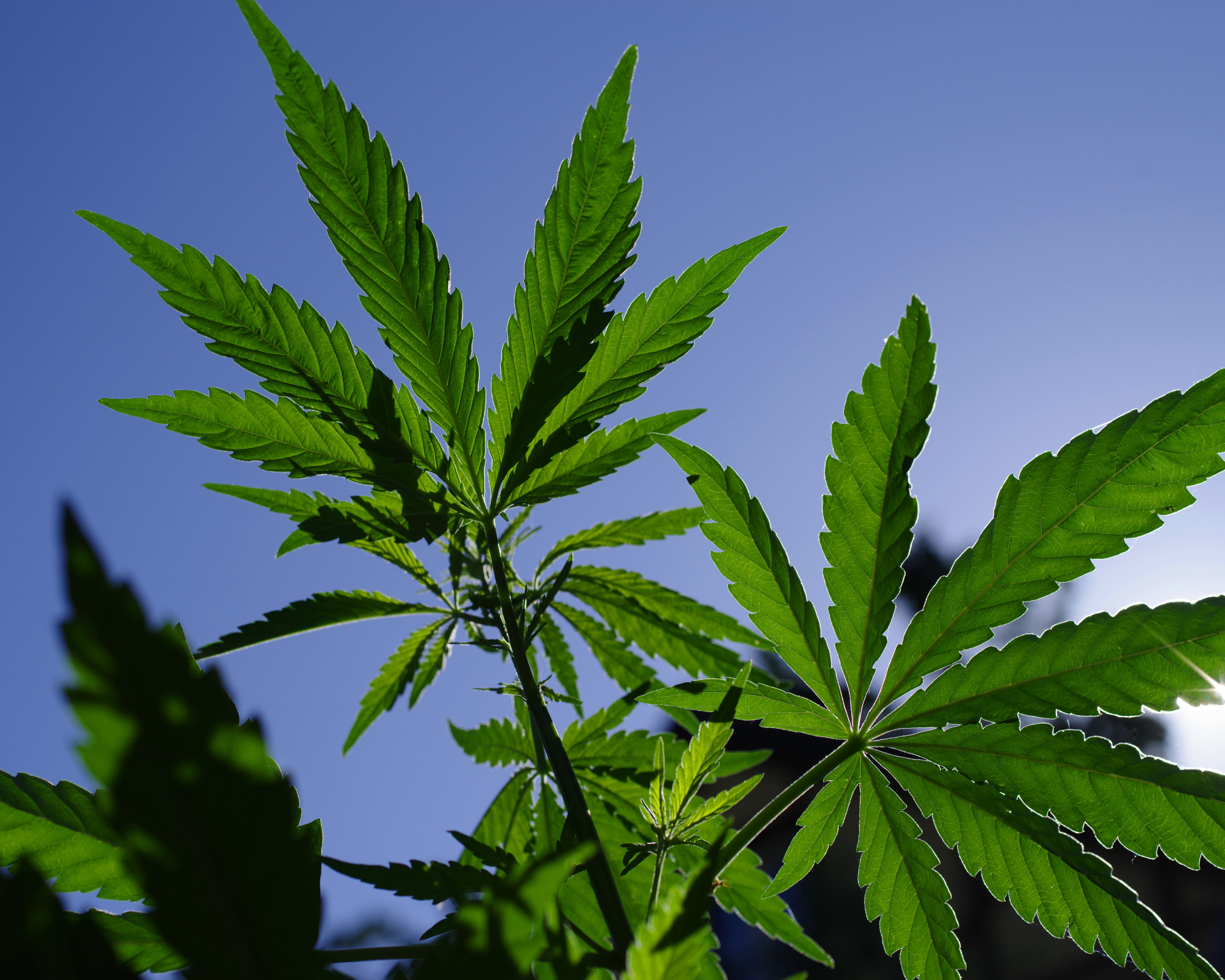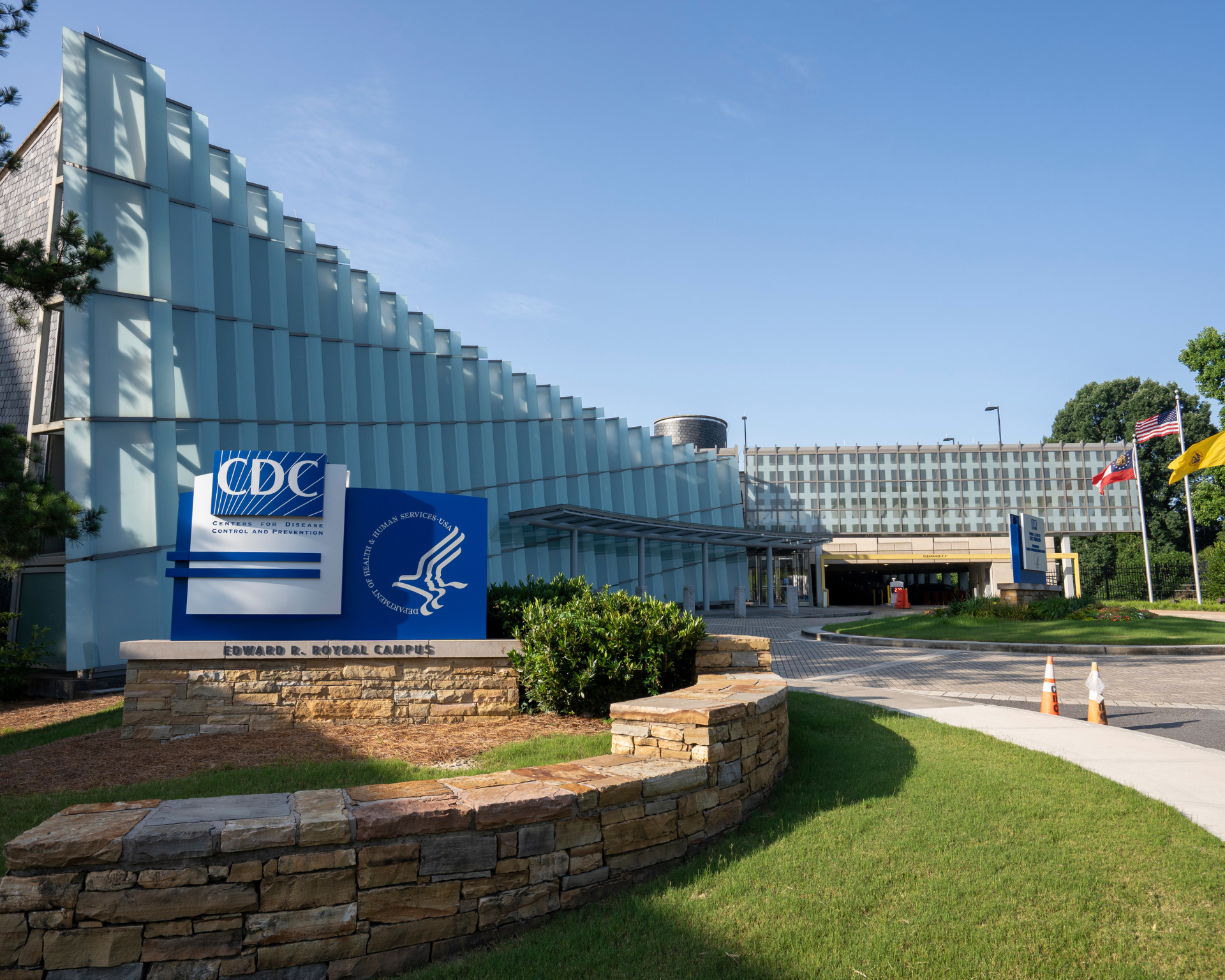Cannabis and Cognition in the Golden Years
Older adults and their providers are seeking safer, healthier aging. Cannabis use is increasingly part of the conversation.

Read Time: 4 minutes
Published:
Russel plays pickleball every Thursday morning in a 65+ league and stops at the cannabis dispensary on his way home. Like Russel, many of the store’s patrons who are shopping for THC gummies and cannabis flower also have gray hair and active lives. Russel started using cannabis six months ago to manage chronic joint pain and discovered that he’s been sleeping better, too. When he asked his doctor if his new cannabis routine would affect his memory, the response was unsatisfying, “I’m not sure…” Many older adults and their health care providers lack clear, scientifically informed guidance on the cognitive health impacts of cannabis. The reason is that too little is known about how cannabis use affects cognition in older adults.
We investigated the association between recent cannabis use and self-reports of cognitive concerns using a nationally representative sample of older adults in the United States. Our sample included adults aged 50 and older who responded to the National Survey of Drug Use and Health (NSDUH) between 2017 and 2019.
Approximately 8.2% of survey respondents reported using cannabis in the past year, with the average person using cannabis 2.26 days per week. Respondents were twice as likely to report subjective memory concerns if they had used cannabis in the past year compared to those who did not. This association was smaller but still significant after adjusting for demographic factors, other substance use, chronic health conditions, and mental health problems.
Like Russel, many older adults and their health care providers are exploring ways to make the golden years as safe, healthy, and fulfilling as possible. Cannabis use is increasingly part of that conversation.
While these survey responses revealed an association between cannabis use and cognitive concern, they did not provide any objective information about the mental abilities of older adults or if cannabis use may affect cognitive performance. To begin addressing that question, we recently conducted a separate study that compared the cognitive abilities of older adults based on whether or not they had used cannabis in the prior six months. This study used objective performance-based measures of cognitive ability, called neuropsychological testing. Rather than asking the participant if they have perceived changes in their memory and thinking abilities, we measured their memory, attention, language, visual-spatial, and multitasking skills.
These results indicate that older adults who report recent use of cannabis perform similarly to those without recent use on comprehensive neuropsychological testing. These findings are generally consistent with other research that suggests low doses of cannabis used for medical purposes may not significantly increase cognitive risk in this population.
However, older adults who reported clinically significant symptoms of cannabis use disorder (a condition marked by compulsive use despite repeated negative consequences) scored lower on memory measures than those who used cannabis without disordered use patterns. These findings raise the possibility that the cognitive risks associated with cannabis in later life may stem more from problematic patterns of use than from cannabis exposure alone.
Moving forward, our research will continue to clarify the relationship between cannabis use and cognitive functioning in older adults. This work will help guide older adults and their health care providers in making informed decisions about cannabis use for medical or recreational purposes. Future studies will address the impact of use patterns, individual characteristics, and social and contextual factors that may play a role in how cannabis affects memory and thinking abilities in older adults.
Like Russel, many older adults and their health care providers are exploring ways to make the golden years as safe, healthy, and fulfilling as possible. Cannabis use is increasingly part of that conversation. As the legal status of cannabis in the United States continues to evolve, comprehensive data-driven knowledge on the risks and potential benefits of use in older adults is needed.



